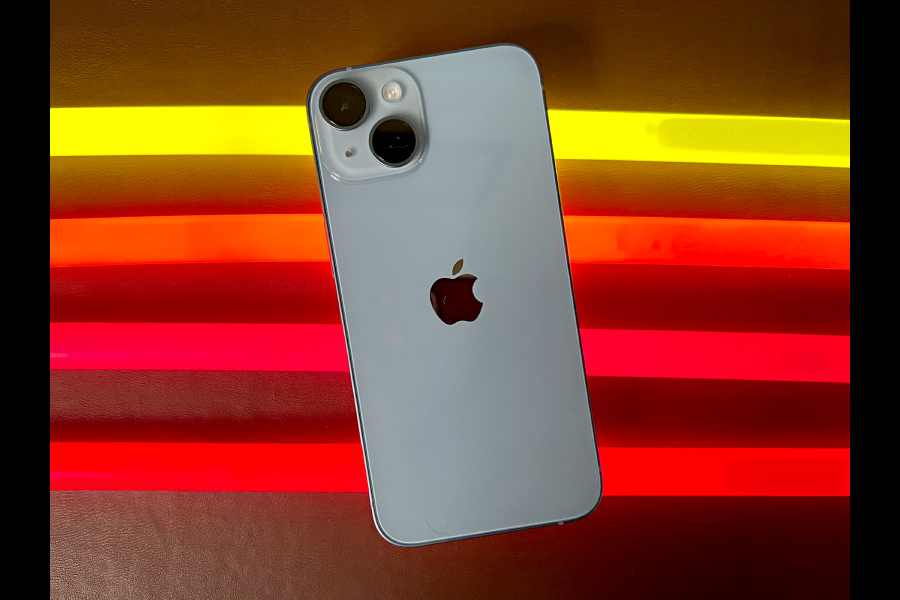The power of the Apple App Store cannot be underestimated. An independent study has found that the App Store ecosystem facilitated $1.1 trillion in developer billings and sales last year as part of the system’s robust year-over-year growth of 29 per cent.
The new study by Analysis Group economists breaks down the $1.1 trillion figure as $910 billion in total billings and sales from the sale of physical goods and services, $109 billion from in-app advertising and $104 billion for digital goods and services. It’s a sizeable increase from 2019 data, when Apple said the App Store had facilitated $519 billion in commerce, with $61 billion coming from digital goods and services.
The report takes a look at key drivers behind the growth in the App Store ecosystem and it includes “rebounding demand” for sectors like travel and ride-hailing, and strong growth in advertising spend in apps like social media and retail apps. Travel as a category saw an 84 per cent increase and ride-hailing as a category saw 45 per cent increase in sales in 2022. Food delivery and pickup sales have also more than doubled since 2019 and grocery sales more than tripled.
What makes the report important is that it shows how much money is made through the ecosystem built around the App Store rather than what the company has earned. More than 90 per cent of the billings and sales went specifically to the developers, with Apple not taking a cut, the report mentions.
“As this report shows, the App Store is a vibrant, innovative marketplace where opportunity thrives,” Apple chief executive officer Tim Cook has said.
The report also throws light on iOS downloads. Users have downloaded apps more than 370 billion times from 2008 to 2022 and today, the App Store has nearly 1.8 million apps, or 123 times the figure it had at the end of 2008.
Beyond in-app purchases and subscriptions, the App Store serves as a “trusted platform” for businesses to sell their products, the report mentions, and it points out the many policies that Apple has implemented to “foster user trust” and prevent fraudulent transactions. In 2022, the App Store blocked more than $2 billion in fraudulent transactions — and rejected 1.7 million app submissions for failing to meet privacy, security, and quality standards.
The report comes ahead of next week’s WWDC when Tim Cook is expected to unveil a mixed-reality headset that will have its own App Store. It will be Apple’s first major new product category since 2015 and success will come only through help from third-party app developers.
MP
